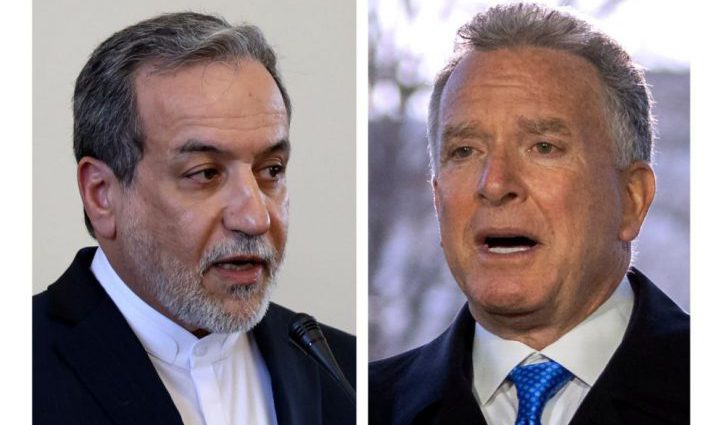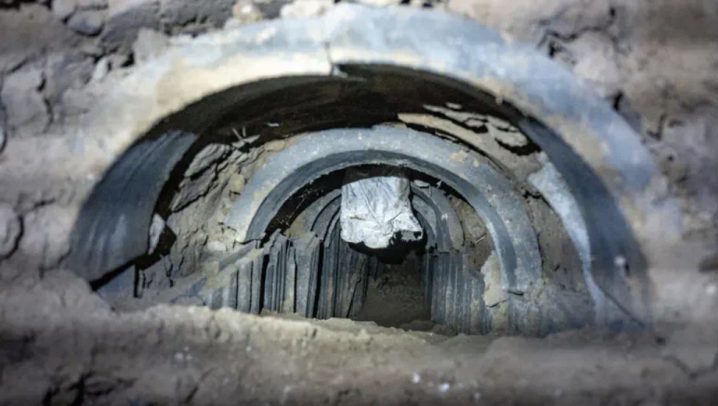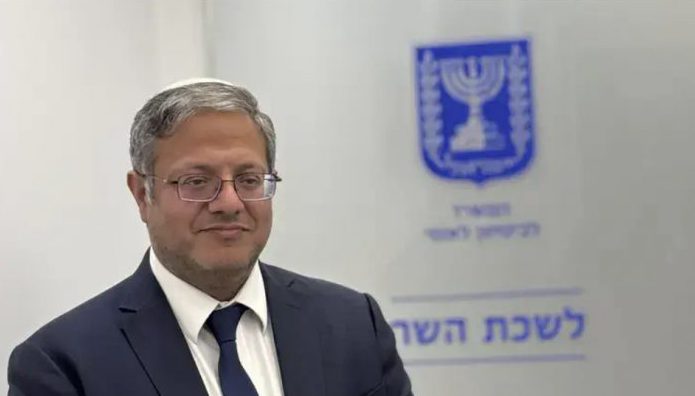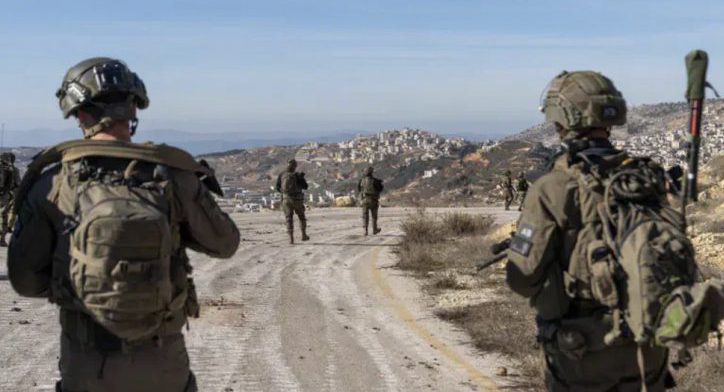Indirect negotiations in Rome reveal concerns over technical timelines as the US pushes for a comprehensive agreement.
Iranian Foreign Minister Abbas Araghchi raised doubts about the feasibility of reaching a final nuclear agreement within President Trump’s proposed 60-day window during a meeting with White House envoy Steve Witkoff, according to a report from Axios. The report indicates Araghchi suggested the sides consider negotiating an interim deal instead, though Iran’s Mission to the UN denied making such a proposal.
The report states that Araghchi and Witkoff held both direct and mediated discussions in Rome, with Omani Foreign Minister Badr al-Busaidi acting as an intermediary. Araghchi expressed that the complexity of the technical details involved would make it difficult to complete a comprehensive agreement within the two-month period. Witkoff responded by affirming his focus on achieving a full deal but left room to revisit the interim option if more time proves necessary.
The report underscores that President Trump has linked the talks to a broader strategic posture, including a military build-up in the Middle East as a contingency should diplomacy fail. The US has not ruled out military action against Iran’s nuclear infrastructure if an agreement cannot be secured.
Despite the challenges, the report cites a senior US official who described the talks in Rome as making “very good progress.” Araghchi also noted in a separate statement that both sides now have a better understanding of key principles, and he believes there is “a chance for making progress.”
Following the Rome discussions, both nations agreed to advance to the next phase of negotiations, according to the report. Technical-level meetings are scheduled in Oman, where negotiators will address specific limitations the US seeks on Iran’s nuclear capabilities, especially uranium enrichment. Michael Anton, the State Department’s policy planning chief, will lead the US delegation.
The report also notes that Witkoff met in Washington with International Atomic Energy Agency (IAEA) Director-General Raphael Grossi, marking their second meeting in a week. Grossi, who had recently visited Tehran, expressed optimism about the direction of talks and reiterated the IAEA’s likely role in any future monitoring agreement.
An IAEA technical team is expected to travel to Tehran soon to discuss monitoring arrangements. Grossi remarked that while these steps are technically separate from the diplomatic talks, they are inherently connected.





